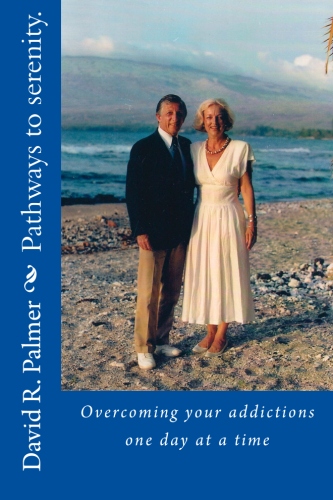Mary Karr, author of Liar’s Club, Cherry and LIT, a Guggenheim Fellow in poetry; and a Peck professor of literature at Syracuse University, was asked once by her four year old son, Dev, to take him to church.
At best an agnostic at the time, Mary asked “why?” and Dev answered, “Because I want to see if God is there.”
Turns out He was.
Reflecting on the moment, Mary said, “If you’d told me even a year before I start taking my son to church regular that I’d wind up whispering my sins in the confessional or on my knees saying the rosary,” she says, “I would have laughed myself cockeyed.”
A more likely pastime, she suggests, would have been “Pole dancer. International spy. Drug mule. Assassin.” And she might have added “alcoholic.”
Mary, for her part, is irresistible to most of us because of her spunk, wit, good looks, talent and self-awareness, but there was also the pain of her depression, which she treated with alcohol and other drugs and visits to mental hospitals.
Eventually Mary found herself at her first 12-step meeting in Cambridge. It did not go well.
After contemplating the overall tacky appearance of the room and its “cornball slogans,” Mary reports, she tries to pretend she is there by accident.
“I warp my mouth into a stiff rictus and begin trying to impersonate a good and sober person who’s only wandered in through curiosity and happenstance.”
Later, while the meeting is in progress, she slips out for a cigarette and meets a young man who asks her, referring to the point of the meeting, if she “gets it.” She replies, “I wouldn’t be out here smoking if I got it.
“Same here, says the young man, adding that while he drank a lot he mostly did marijuana which can’t be so bad because it’s natural.
“I say—cleverly I think—strychnine’s natural.
“He concedes that’s true but also points out how, since the average pot smoker doesn’t tend to steal your TV, people don’t frown on it like they do, say, smoking crack, then plowing over the crossing guard.”
But as time passes, the meetings begin to work, and to provide further verification, Karr, still new to the program runs into Tom, a legendary drunk from her past life who sobered up the 12-Step way and became a model family man.
“That morning after my weepy crash,” Karr writes, “I stand snot-nosed before Tom and his wife in their breakfast nook, waiting for both of them to deliver some healing whap to my head.
“Great,” Tom says instead. “You’ll get sober and your poems will get better and your kid will grow up with a happy mother.”
Karr chooses a priest for her fifth step, basically a verbal acknowledgement of past sins, and when it’s over he tells her to drop all the baggage.
“Brother Francis blinks behind his smeary horn-rims, saying, ‘Leave all that stuff here with me. God wants you to put this stuff down now. Go wear the world like a loose garment. And be of good cheer. If you let God in he’ll take this shame from you.”
Later, when she has doubts about her Christian faith and wonders whether it is all a big scam, another mentor sets her straight.
“Toby tells me how being a Christian during the Roman occupation was (as scams go) not so lucrative. The followers weren’t rich guys but riff raff—tax collectors and whores.
“So let’s say Jesus was sincere. Maybe it’s the Church. Maybe Paul’s the big fakir.
“You think Paul’s conversion made him some rich cult leader? That’s a laugh. He essentially resigned a CPA job to ride with the Hell’s Angels.
“Early Christians, he tells me, partly won converts by going to death singing. I mean, a lion is eating your face, and you’re singing.”
Then there is her weakness for men, which she discusses with sister Margaret with the following result:
“Let’s eat a cookie and pray for each other’s disordered attachments, she (Sister Margaret) says. Mine involve pride and cookies.
“Mine, I say, involves pride and good-looking men.
“Together we bow our heads.”
In the end, Mary has become a woman of faith, but she is not without her momentary doubts, which she discusses with Father Kane, a retired priest.
“I sit weeping across from him, fully aware of the ingratitude I’ve occasionally nurtured and fertilized like a garden of black vines. Which posture rankles him. ‘Oh, get up, Mary,’ he says. ‘You know damn well God loves you.’
“And I do. I (mostly) always do.
“I’d like to say I never waver from that place, but on a crowded subway I still pine for a firearm some days.”




Speak Your Mind